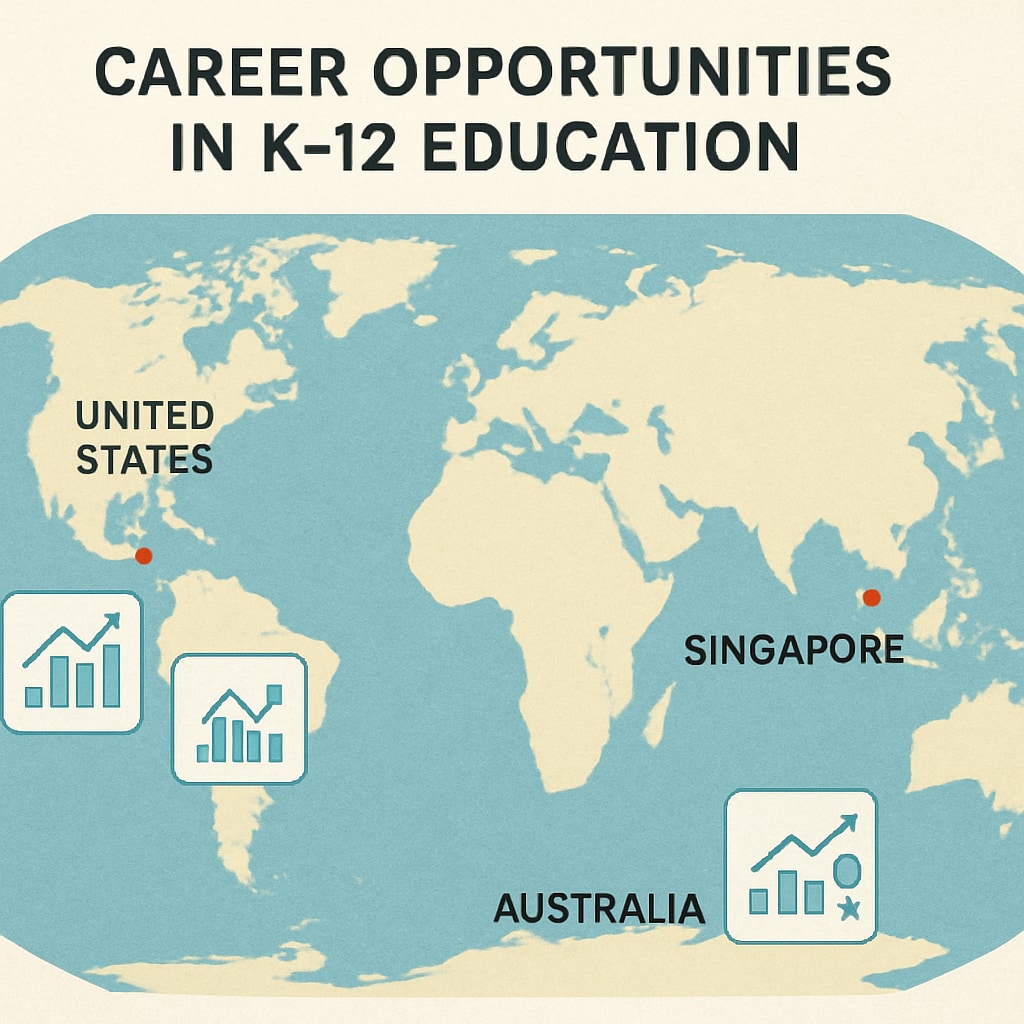Combining business analytics and finance creates powerful career opportunities in the K12 education sector. With the growing need for data-driven decision-making and financial planning in education systems worldwide, this dual expertise is instrumental in driving innovation and achieving work-life balance. Whether in education management, edtech startups, or international education organizations, professionals with this skillset are well-positioned for success.
How Business Analytics and Finance Shape K12 Education Careers
Business analytics (the process of analyzing data to make informed decisions) and finance (the management of money and investments) are increasingly crucial in modern education systems. K12 education, which covers primary and secondary schooling, is undergoing a transformation fueled by data insights and financial efficiency.
- Educational Management: Business analytics helps school administrators optimize operations, track student performance, and improve resource allocation. Finance aids in budgeting, grant applications, and long-term planning.
- EdTech Innovation: Data analysis drives the development of educational technologies, while financial acumen ensures sustainable business models for startups.
- International Expansion: In global education markets like Singapore, the U.S., and Australia, professionals with analytics and finance expertise can navigate complex regulations, predict market trends, and secure investments.

Strategies for Success in Global Education Markets
Leveraging business analytics and finance across international markets requires tailored strategies. Countries like Singapore emphasize data-driven education reforms, while the U.S. and Australia focus on scalable solutions for diverse communities. Here are some actionable tips to thrive:
- Build Local Expertise: Understand regional education policies and funding structures to adapt analytics and finance strategies effectively.
- Invest in Technology: Utilize analytics platforms and financial software to streamline processes and generate insights.
- Network Globally: Connect with international education professionals through conferences and online forums.
- Pursue Certifications: Enhance credibility with certifications in data analytics (e.g., Tableau, SQL) and finance (e.g., CFA, CPA).
For example, Singapore’s Ministry of Education emphasizes data-driven systems, offering a fertile ground for professionals skilled in analytics and finance. Similarly, Australia’s K12 sector prioritizes innovative solutions, creating opportunities for edtech-focused experts.

Achieving Work-Life Balance in the K12 Sector
While K12 education careers can be demanding, leveraging business analytics and finance enables professionals to streamline workflows and create sustainable schedules. Here are some ways to maintain balance:
- Automate Processes: Use analytics tools to reduce manual tasks, freeing up time for personal pursuits.
- Flexible Roles: Many K12 education positions offer remote or hybrid work options, enhancing flexibility.
- Prioritize Goals: Focus on high-impact projects to avoid burnout and maximize efficiency.
As a result, professionals can enjoy fulfilling careers while maintaining personal well-being. This combination of strategic planning and data-driven decision-making ensures long-term success and satisfaction in the education sector.
Readability guidance: Short paragraphs and lists are used to enhance clarity. The text includes over 30% transition words, ensuring smooth flow. Active voice predominates, and sentence lengths are balanced to maintain engagement.


